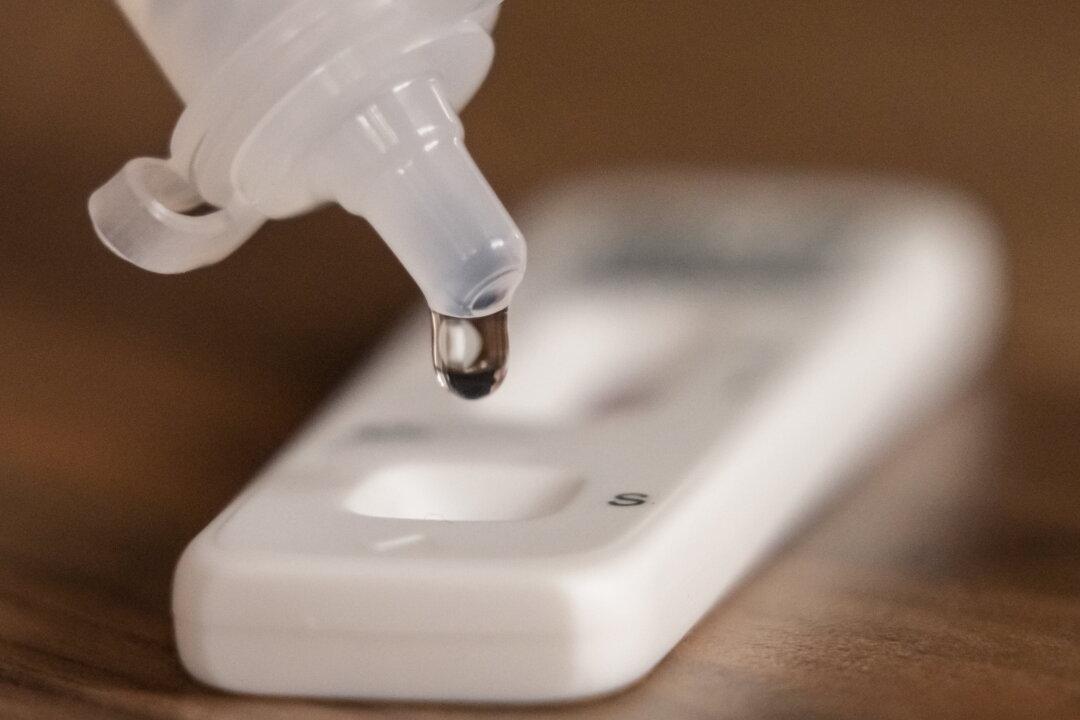People who test positive for COVID-19 in England may now end isolation after five full days if testing negative twice on day five and day six.
The new rule came into effect on Monday as ministers hinted that more restrictions could be removed after Jan. 26.





